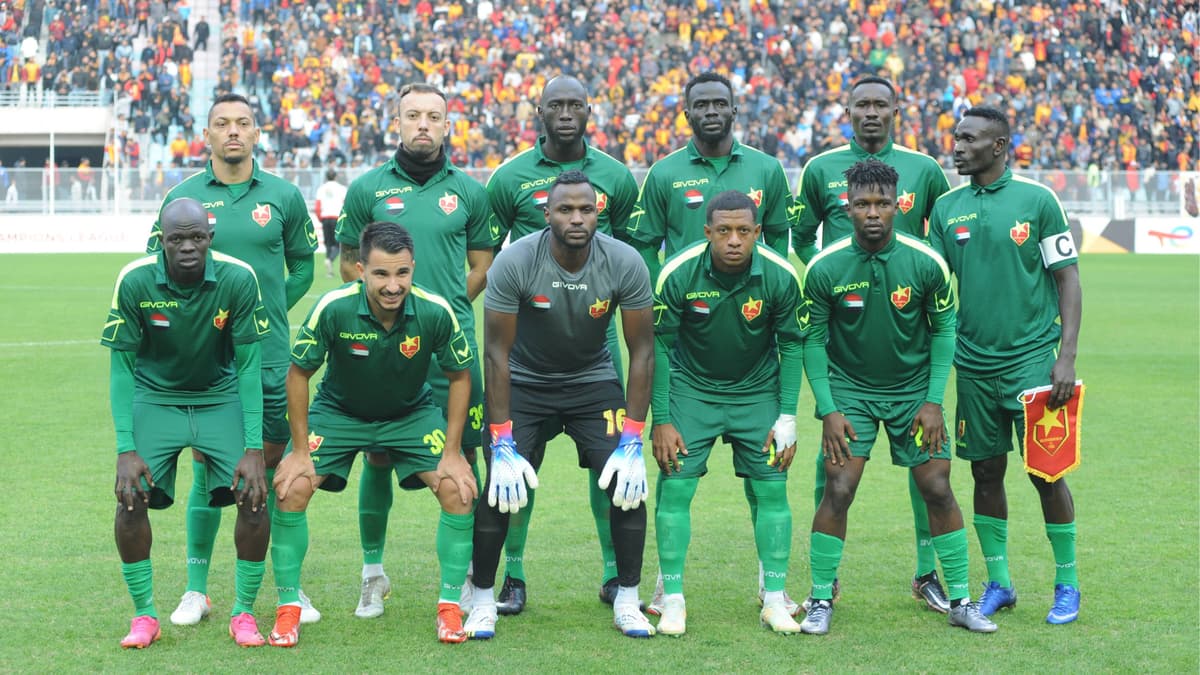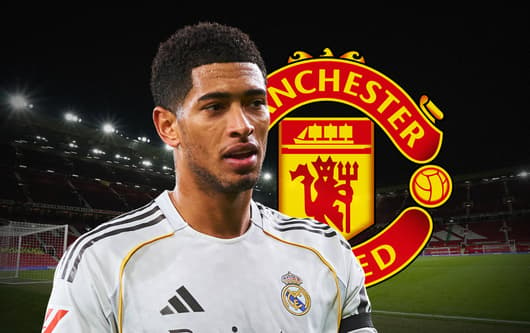-
Nieuws
- 1 hour ago
How Sudan's leading clubs continued to play football despite civil war

Amid a civil conflict that has been described as the most brutal war in decades, Sudanese football fought hard to not only keep going but also achieve against all odds.
The brutal war that broke out in mid-April 2023 between Sudan's army and the paramilitary Rapid Response Forces devastated the capital Khartoum, caused a sharp increase in ethnically-driven violence in Darfur and displaced over three million people.
It also left sporting infrastructure in tatters and football in the country ground to a halt. In March 2023, the Sudan Premier League was forced into a hiatus that would last more than two years.
But the country's top two clubs, Al Hilal and Al Merreikh, who have one of African sports' most intense rivalries, worked out a way to continue playing, taking their entire infrastructures into exile.
In September 2024, they began participating in the Mauritanian league, some 4,500km away from the eastern side of the continent to its west coast, having been offered the opportunity to join another country's championship. On top of this, Al Hilal qualified for the group phase of the African Champions League.
Al Hilal advanced through the two preliminary rounds of qualifying to book a place in the group stage, first eliminating Libya's Al Ahli Benghazi and then San Pedro from the Ivory Coast. Unable to play at their home in Omdurman, a city on the other side of the River Nile from Khartoum, they used Juba in South Sudan for their home leg in the first round. Then, in the second round, they played in the stadium in their new base of Nouakchott, Mauritania's capital, which was also used as their home for the group stage.
Al Merreikh also had Libyan opposition in the first qualifying round and edged past Al Nasr, before having their hopes of returning to the group competition ended by losing to Royal Armed Forces (AS FAR) of Morocco in the second round.
The two clubs are massive institutions in Sudan, and between them have won the championship every year since 1969 bar two occasions. Al Hilal have a total of 31 titles, while their Omdurman rivals Al Merreikh have won the league 23 times.
Between the two, they have for decades provided almost all the players for the national team and been prolific importers of talent from elsewhere, notably Brazilian players and coaches, and a keen eye for striking talent from Ghana and Nigeria.
The clubs are relatively rich by African standards, boosted by a fanatical following that ensures their profitability. It is this that has allowed them to move en mass from the conflict and keep going.
Sudan Football Association (SFA) president Mutasim Jaafar has been widely applauded for his efforts to keep football going. He lobbied the Confederation of African Football (CAF) to allow Sudanese teams to continue participating in the annual club competitions despite the absence of a domestic league.
CAF regulations do not allow a country to enter teams in either the Champions League or Confederation Cup without any domestic competition, so a mini-tournament for Sudanese clubs in exile was organised in Tanzania with Al Hilal, Al Merreikh and Hay Al Wadi participating in Dar-es-Salaam. Originally it was hoped there would be more clubs, but the war made that impossible. Predictably, Al Hilal and Al Merreikh won over Hay Al Wadi and were supposed to play against each other in a deciding tie but this was called off.
The three-way tournament might have been a flimsy alternative to a proper domestic championship but, in the circumstances, CAF allowed the two clubs to participate in the 2024-25 Champions League. There were no Sudanese clubs, however, in the Confederation Cup.
Portuguese coach Fabio Nuno, who worked at Al Hilal as an assistant to compatriot Joao Mota two seasons ago, knows the club well.
"With the language barrier when we worked there we missed a lot of subtleties around the club, but I had a sense from the moment I arrived in Khartoum that this is a club of different dimensions, with a meaning and a legacy far beyond what ordinary clubs offer. It is no normal club, very different. A proper institution.
"In my 18 months there, you could sense the players and administrators went through a lot of turmoil in their everyday lives, making a lot of sacrifices, but ensuring that the team were able to achieve was always a priority and the players who wore the shirt realised this responsibility. You don't see that in many other places."
There is also the theory that going into exile has made for better teams.
"The two clubs have camped for more than a year now outside of the country. Al Merreikh were initially in Cairo for four months, Al Hilal in Libya and Tanzania, and they play a lot of matches," explains Abdelmoneim Hussein, a former Sudan international and ex-technical director of CAF.
"You might not believe this, but they are better than they were when they were competing in the league in Sudan. The quality of opponents in all those friendly matches they have played to keep themselves going has been better and actually made them stronger.
"The coaches have the players all the time to work with and, with this concentrated period together, it has also helped them play better."
The two clubs had been seeking to join the Tanzanian league on a temporary basis but after initial overtures had met with a positive response, the concept was eventually rejected.
Mauritania Football Federation president Ahmed Yahya then made the offer to take in the pair to his country's league instead after consulting with all the teams in the Super League, who all agreed to the new competition.
Despite the hope offered by Mauritania, Al Hilal's coach Florent Ibenge from the Democratic Republic of the Congo could have been forgiven for walking away. The 63-year-old had to flee when the conflict broke out as his house was close to the presidential palace, one of the first targets of the rebel forces, and it took a week to be evacuated by the French embassy. Yet he opted to stay with the team for the season. His players were playing a match when the fighting broke out and had been camping at a compound in the stadium, so were together as they made their effort to flee. It was easier for the foreign players who got international assistance but it took time for the Sudanese to get to Cairo where the team re-assembled.
Once they began in their new league, Al Hilal wasted no time in stamping their mark on the competition, easily defeating Inter Nouakchott 4-1 in their first game. It was the first of 20 victories that they would clock up during the campaign as they went on to finish the season six points clear at the top of the table. As foreign guests, they were denied the league title - the trophy instead went to the highest-placed local side, Nouadhibou - but simply being able to play was success enough.
Their Champions League campaign brought plenty of plaudits too, topping their group before being narrowly beaten over two legs by then-defending African champions Al Ahly. Yet they will be back in the continental competition again in 2025-26. In July, the SFA organised an eight-team tournament, the Sudan Elite League, in order to determine which clubs will represent them on the African stage. Predictably, Al Hilal emerged on top, thumping El Merreikh 4-1 in the final game of the month-long competition to take top spot on goal difference ahead of their Omdurman rivals and Al Ahli Madani.
They now head into 2025-26 with a new-look side. Many of the players have moved on, while benge left to take a new job in Tanzania in July 2025, with Khalid Bakhit initially taking over and overseeing the Sudanese title win. The coaching reins have since been handed to Romanian Laurentiu Reghecampf, who will hope to emulate his predecessors not only in providing trophies but also providing hope.
Words by Mark Gleeson.


















